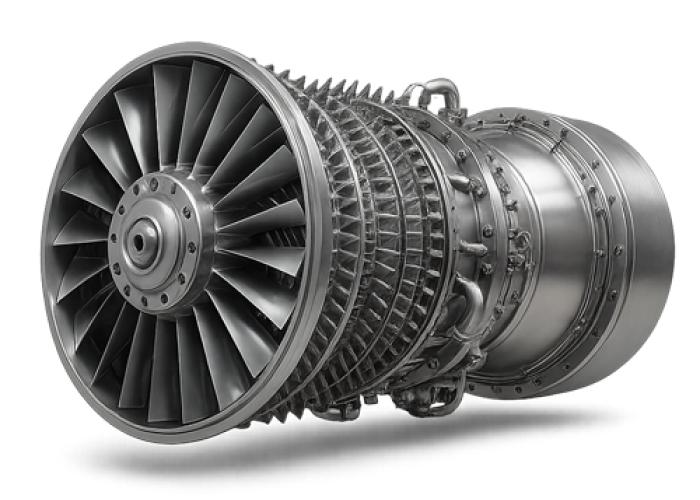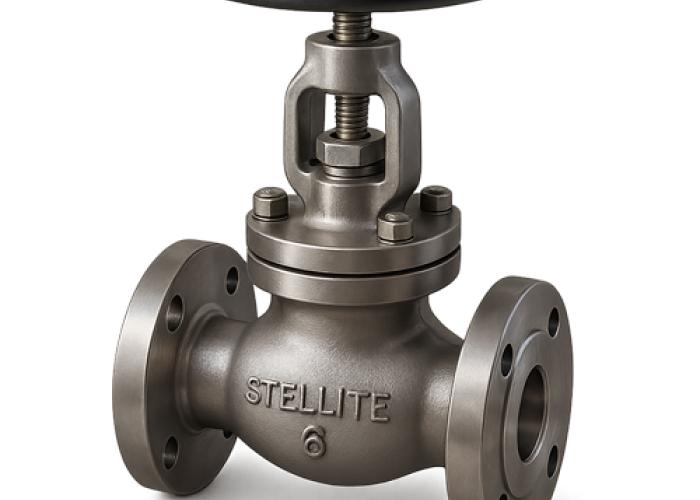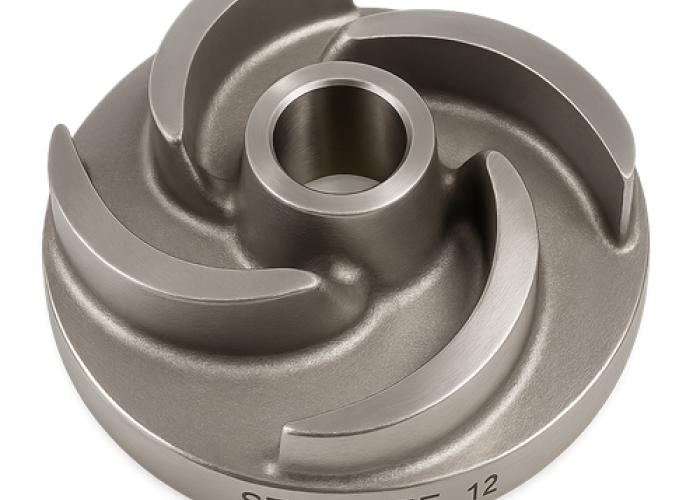Product Applications
(1) Aeronautics and aerospace: gas turbine blades, combustion chambers, guide plates and other high-temperature static parts.
(2) Energy industry: nuclear power, gas turbines and other high-temperature corrosion-resistant parts.
(3) Medical devices: artificial joints, dental implants, orthopedic implants.
(4) Chemical equipment: valves, pumps, wear-resistant parts.
.jpg)
Alloy 25 (L-605)
Alloy 25 (L-605) is a cobalt-based high-temperature alloy co
MOREAlloy 25 (L-605)
Alloy 25 (L-605) is a cobalt-based high-temperature alloy containing approximately 50% to 60% cobalt and doped with chromium, nickel, tungsten and other elements, giving it excellent high-temperature strength and corrosion resistance. The alloy maintains excellent mechanical properties in environments up to about 1000°C. It is suitable for aerospace turbine blades, gas turbine springs and medical implants. Its good oxidation and wear resistance gives it a long service life under extreme conditions and is particularly suitable for applications subjected to high temperature cyclic loading.
Close
Alloy 188
Alloy 188 is a cobalt-based alloy designed for high-temperat
MOREAlloy 188
Alloy 188 is a cobalt-based alloy designed for high-temperature environments, containing high percentages of chromium and tungsten to provide excellent heat and oxidation resistance. Commonly used in aircraft engine combustion chambers, gas turbine blades and other high-temperature structures, the alloy retains its strength and toughness in environments exceeding 1100°C. Its excellent corrosion resistance also allows it to be used in a wide range of applications. Its excellent corrosion resistance also makes it suitable for use in corrosive atmospheres such as sulfur-containing gases, ensuring the safe and stable operation of equipment.
Close
Stellite 6
Stellite 6 is a cobalt-based hard alloy containing chromium,
MOREStellite 6
Stellite 6 is a cobalt-based hard alloy containing chromium, tungsten and carbides, which provides extremely high hardness and wear resistance. It also has excellent corrosion resistance to a wide range of chemical media and is widely used in the manufacture of highly wear-resistant cutting tools, valve sealing surfaces, bearings and cladding layers, especially in applications where wear and corrosion coexist to significantly extend the life of the parts and reduce the frequency of maintenance.
Close
Stellite 12
Stellite 12 is known for its extremely high hardness and wea
MOREStellite 12
Stellite 12 is known for its extremely high hardness and wear resistance, as well as good corrosion resistance, making it particularly suitable for industrial cutters, saw blades and other tools requiring high wear resistance. The uniform distribution of carbides in the alloy enhances the material's ability to withstand wear, and Stellite 12 keeps cutting edges sharp in harsh machining environments, improving productivity and product quality.
Close.jpg)